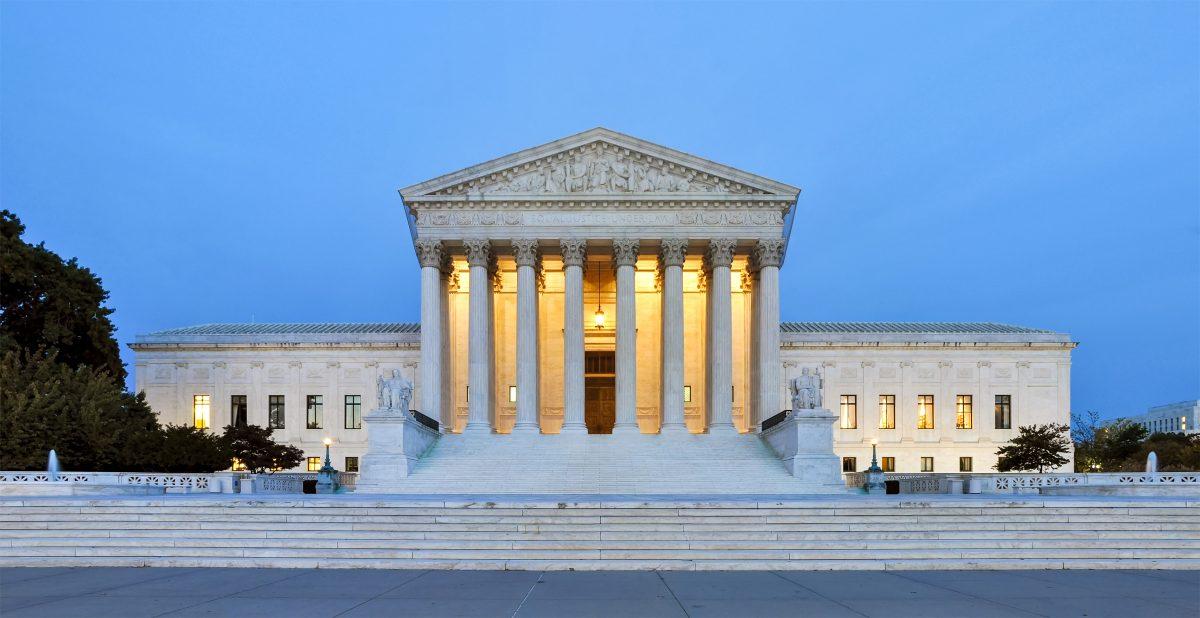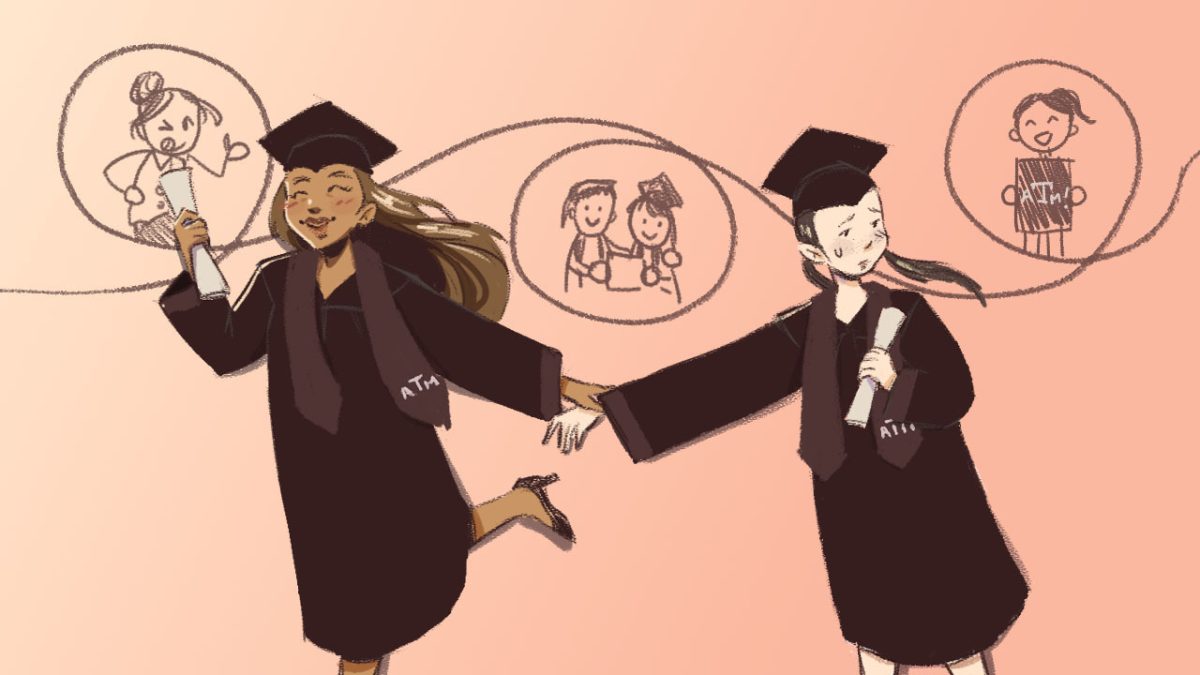Proponents of the death penalty often envision utilizing it only against the most deserving of convicts in the most certain of convictions. However, the Supreme Court’s recent ruling in Shinn v. Ramirez is a solemn reminder this is anything but the case.
Arizona resident Barry Jones was arrested in 1994 for killing and raping his girlfriend’s daughter, Rachel Gray. The catch? With the lack of evidence, the state’s case against Jones was primarily based on the fact that Gray had been in his care shortly before her death.
The state court in Arizona sentenced Jones to death.
During the trial, Jones’ court-appointed attorney failed to utilize medical evidence that could have exonerated him, leading many to conclude that his conviction can be attributed to incompetent legal assistance.
“Jones’ trial counsel failed to undertake even a cursory investigation and, as a result, did not uncover readily available medical evidence that could have shown that Rachel [Gray] sustained her injuries when she was not in Jones’ care,” Justice Sonia Sotomayor wrote in her dissent.
Upon exhausting all available state remedies, Jones — like many others on death row — filed a petition of habeas corpus to the federal government in order to overturn his conviction. Normally in federal hearings following a habeas petition, new evidence would not be allowed. However, per the 2012 Supreme Court decision Martinez v. Ryan, Jones could bring forth evidence of ‘ineffective trial assistance’ to challenge his death sentence.
After all, if everyone is entitled to effective trial assistance — as the sixth amendment jurisprudence states — then surely sentencing a man to death without access to a competent attorney would run contrary to our country’s morals, values and Constitution.
If you disagree with this reasoning, you may be one of the six conservatives currently serving on the Supreme Court.
Returning a 6-3 decision across ideological lines, the Supreme Court ruled that Jones and other similarly situated individuals had no right to bring forth evidence pertaining to ineffective counsel in federal court — effectively sentencing an innocent man to death.
Jones, despite briefly overturning his sentence in federal court, is now — not withstanding any miraculous developments — to die at the hands of the state of Arizona.
While the issues at hand in Justice Clarence Thomas’ majority opinion are admittedly complex, one does not require expertise to realize its reasoning is flawed. I have read his opinion, and while I lack the energy and space to debunk his rationale in detail, frankly, it does not matter. In a country that prizes itself on its foundational principles and rule of law, an innocent man will face state-sanctioned murder as a result of this ruling.
According to The Innocence Project, “This decision will leave thousands of people in the nightmarish position of having no court to hear their very real claims of innocence.”
That gruesome fact in and of itself is a more damning indictment than any lengthy analysis I could ever hope to write. To sentence a man to death without access to competent representation — as the state of Arizona has done — is not just the end of a life, it is also a subtler death for the values codified in our Constitution that the court is tasked to uphold.
As Justice Sotomayor writes, “For the subset of … petitioners who receive in-effective assistance both at trial and in state postconviction proceedings, the sixth amendment’s guarantee is now an empty one.”
Let me be clear, while it may be easier to empathize with those falsely convicted like Jones, even the justly convicted deserve the right to fight their death penality sentence if heir attorney poorly represented them. Even the least deserving among us — per the sixth amendment — are entitled to a fair trial, which is impossible if your lawyer happens to be incompetent.
Growing up, I, as well as others, were told that the purpose of the courts was to safeguard our rights and liberties. That they were independent bastions of freedom — an integral bulwark between the people and the powers that be.
Now, the same court that intends to eviscerate abortion rights in the name of protecting life finds itself unwilling, if not actively hostile, to shielding the lives before it.
In one breath, the court appears willing to move heaven, earth and decades of precedent to overrule Roe v. Wade, and in another effectively guts habeas protections for the lives of many. The illusion is over. Behind the high-minded language of the court lies an arbitrariness that runs contrary to their supposed principles.
We are left with two possibilities. Perhaps the Supreme Court is a broken institution — one that has strayed far from its original calling. Alternatively, maybe the court never served the role many were eager to presume it did.
In either case, it is now more clear than ever that reform is a moral necessity.
Caleb Elizondo is a computer science sophomore and assistant opinion editor for The Battalion















